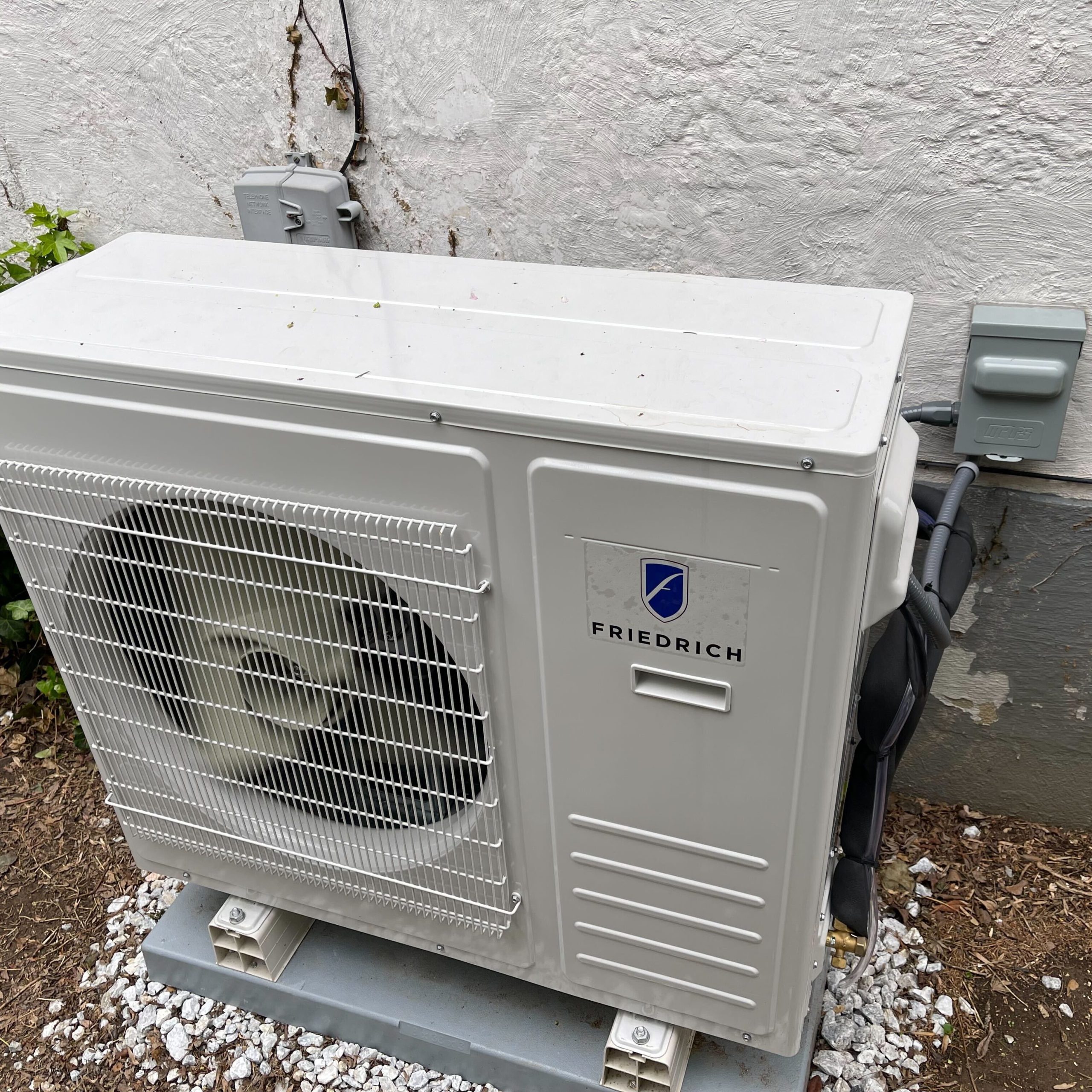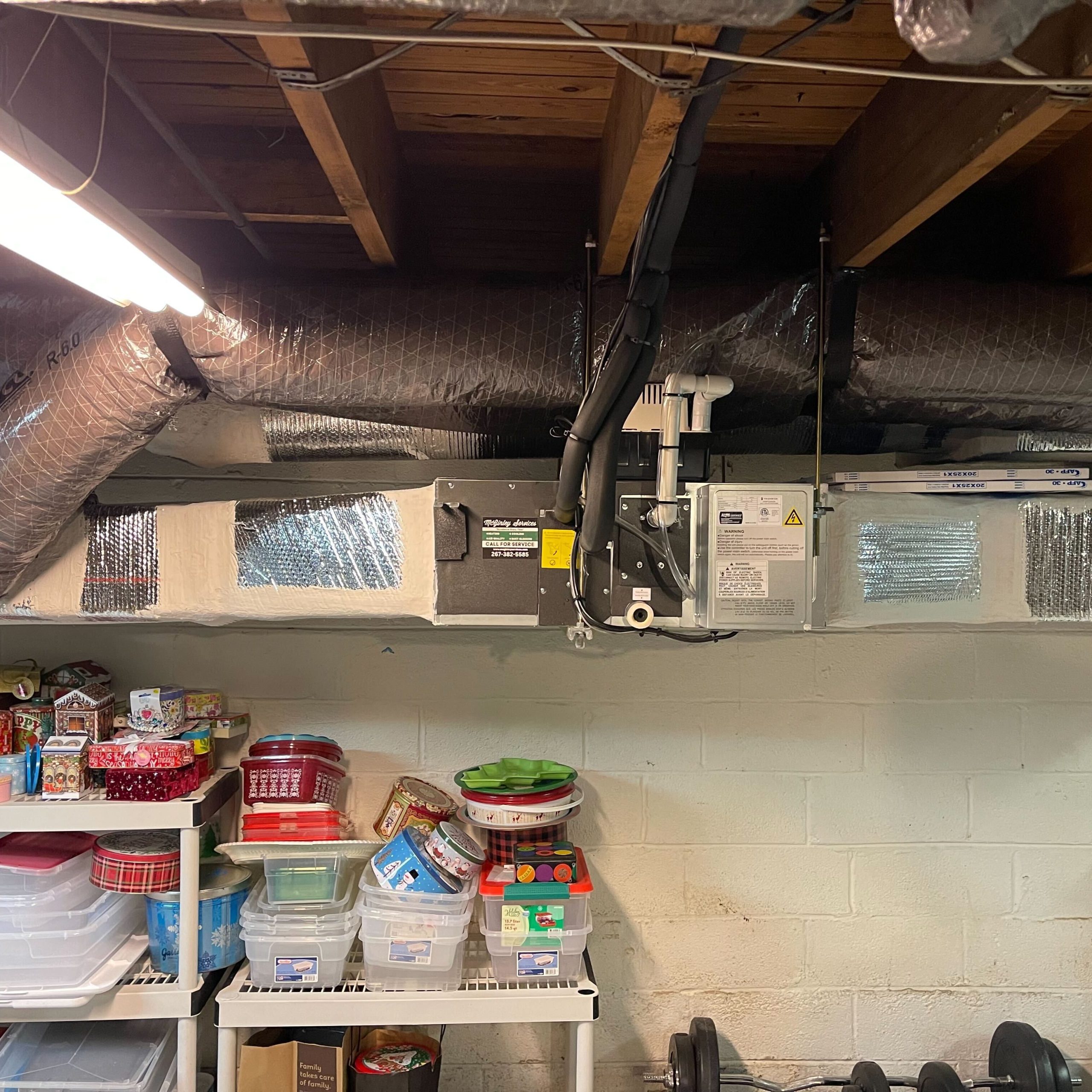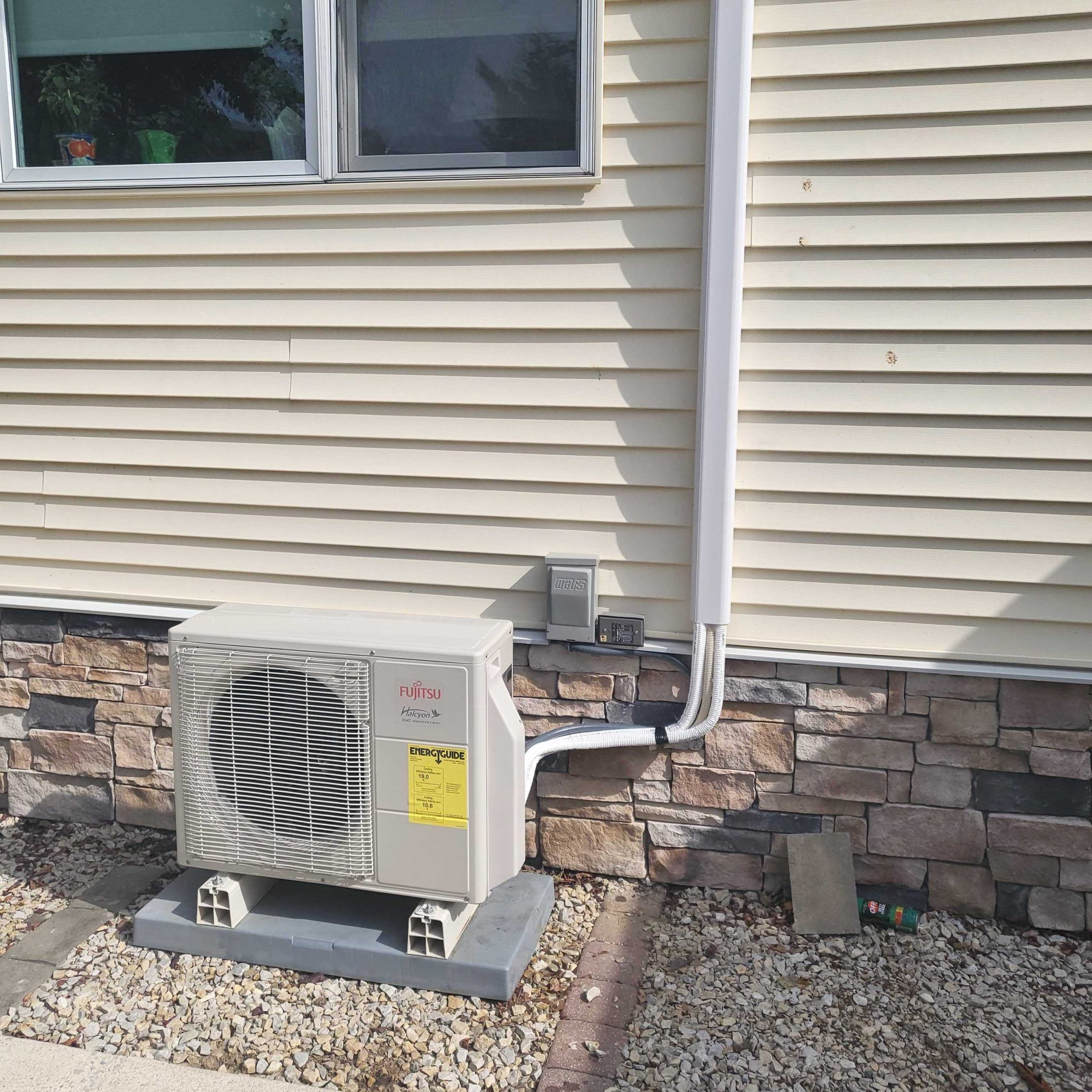Welcome to the heat of the season, where the comfort of our homes becomes a priority, and managing our air conditioning systems wisely turns into a daily consideration. Homeowners often find themselves pondering questions like, “Should you turn your AC off at night?” or “Is it cheaper to run AC at night?” Understanding these aspects is essential for maintaining both comfort and efficiency in your home. Moreover, incorporating practices such as regular AC repair, timely AC tune-ups, and understanding the benefits of systems like minisplits can significantly enhance your experience.
The Nighttime Dilemma: To Turn Off or Not to Turn Off Your AC
Deciding whether to turn off your AC at night is not just a matter of personal comfort but also involves considering the type of AC system you own and the specific climate of your location. For example, minisplit systems, which excel in efficiently controlling temperature in designated zones, can be more economical when run at lower settings rather than being completely turned off.
Advantages of Turning Off Your AC at Night:
- Energy Conservation: The most straightforward benefit of turning off your AC is the reduction in energy usage, leading to lower electricity bills.
- Environmental Benefits: Lower energy consumption translates to a reduced carbon footprint.
Disadvantages:
- Increased Humidity and Heat: In humid or exceptionally warm climates, turning off the AC can lead to uncomfortable levels of indoor humidity and heat.
- Re-cooling Challenges: Cooling down your home every morning can consume more energy, particularly if there’s a substantial temperature rise overnight.
Cost-Effectiveness of Running Your AC at Night
Running your AC at night can be more cost-effective in certain conditions, such as during periods of lower ambient temperatures or if your energy provider offers reduced rates during nighttime hours.
Benefits of Nighttime AC Use:
- Eased Workload for AC Units: Cooler external temperatures mean your AC doesn’t have to work as hard to maintain a comfortable indoor climate.
- Potential for Lower Energy Costs: If your electricity rates are lower at night, this could make nighttime AC use more affordable.
The Crucial Role of Regular AC Maintenance
Whether you opt to turn off your AC at night or run it at a reduced capacity, regular maintenance is essential. An AC tune-up ensures your unit functions efficiently, crucial for both energy conservation and extending the life of your system. This is particularly important for specialized systems like mini-splits, which may have unique maintenance needs.
Why AC Tune-Ups Matter:
- Enhanced Efficiency: Regular tune-ups keep your AC running optimally, leading to cost savings. This is done by cleaning the ac coils, ensuring there isn’t debris built up or blocking air flow. The biggest key to keeping your ac running efficiently is having the refrigerant checked to make sure it is with-in manufacture specification. On a standard single and two stage system refrigerant levels should be tested every year.
- Preventative Care: Early identification and resolution of minor issues can prevent extensive and expensive AC repairs later. Replacing smaller components prior to failure can save hundreds or even thousands of dollars. “An ounce of prevention is more valuable than a pound of cure.”
- Longevity of Your Unit: A well-maintained AC unit can serve you longer, maximizing your investment. Any mechanical system properly maintained will generally out last systems without proper care.
Special Considerations for Minisplit Systems:
- Targeted Cooling: Mini splits allow for cooling specific home areas, potentially reducing overall energy usage. You don’t go into your house and turn on one light switch to turn all the lights in the home on. Having mini-splits or zoning for your hvac system allows for accurate and precise temperature control where and when you need it.
- Unique Maintenance Needs: Due to their design, mini splits require specialized maintenance to ensure peak performance. The maintenance for a mini-split is rather simple and comparable to a whole home split system. Generally the main differences are the filters need to be washed regularly and the drains on each indoor unit need to be regularly cleaned.
Final Thoughts
Making an informed decision about nighttime AC use involves weighing factors like comfort, cost, and the specific characteristics of your AC system. Running your AC at night could be more budget-friendly in some cases, but this isn’t a universally applicable rule. Above all, the importance of regular AC maintenance, including AC repairs and tune-ups, cannot be overstated, especially for specialized systems like minisplits.


